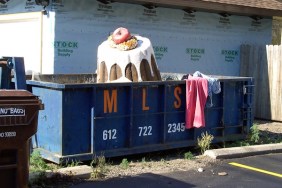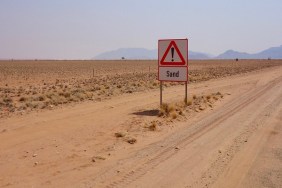Scientists have said for years that it takes thousands of years for plastic to decompose – so how did a 16-year-old figure out how to make it work in just three months using local and household materials? The short answer is: a science fair, bacteria, a desire to see plastic bags put back into planetary cycles more quickly and, perhaps, a broader-than-usual sense of what is possible in the world.
In a small high school in a small town, teenager Daniel Burd made a simple mixture of water and landfill dirt and added a plastic bag, only to discover that a rapid rate of decomposition resulted. After experimenting with temperatures and other variables he isolated the microbacteria that made this miraculous process possible.
The inputs are inexpensive and the outputs have low environmental impact. In short: this is a potentially scalable solution to one of the biggest environmental problems on the planet – plastic bags we produce at a rate of 500 billion per year that clog our oceans, pollute our land, kill animals and take up landfill space the world over.







